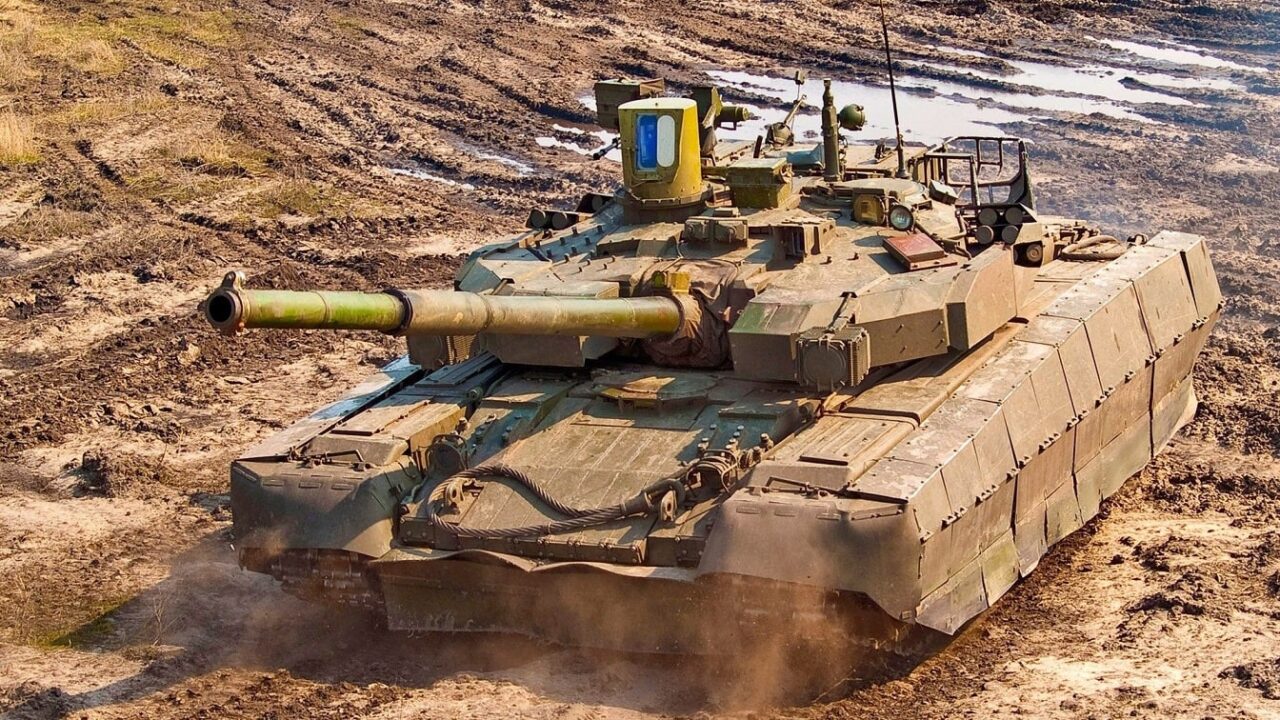“Putin’s Brain” Academic Predicts Troops Will Return to Kyiv – Alexander Dugin, an ultra-nationalist Russian author and political scientist who is often labeled “Putin’s brain,” told Turkish media this week that the withdrawal of Russian troops from the Ukrainian capital city of Kyiv was purely tactical and that troops will inevitably return to the region.
The comments contradict comments from Kremlin spokespeople who said in late March that troops would move on to the “second phase” of the so-called “special military operation” which aims to “liberate” the contested region of Donbas.
“The main objectives of the first stage of the operation have generally been accomplished,” Kremlin official Sergei Rudskoi said at the time. “The combat potential of the Armed Forces of Ukraine has been considerably reduced, which makes it possible to focus on our core efforts on achieving the main goal, the liberation of Donbas.”
Alexander Dugin, a close confidante and advisor to the Russian president, suggests that Russia’s strategy has either since changed or Kremlin officials were purposely misrepresenting their military strategy.
According to Dugin, who is also credited with influencing the Russian president to authorize the annexation of Crimea in 2014, the Russian withdrawal from Kiev was a “purely tactical move” and a “temporary situation.” He claimed that the decision has allowed Russian forces to execute a number of “revisions” to their strategy under the leadership of newly-appointed Gen. Alexander Dvornikov, the so-called “Butcher of Syria,” as the leader of Russia’s military campaign in Ukraine.
“The Russian army is currently fighting the sovereign powers that impose a unipolar world,” Dugin told Turkish media, referring to NATO forces. “We cannot lose this war. Otherwise, the whole world will turn into a large fire.”
If Dugin’s concerns are shared by the Kremlin, it could indicate that the recent appointment of Gen. Dnornikov – and the suspected chemical attack in Mariupol that followed – was a move made with the intention of escalating warfare and adopting new, more dangerous tactics in Ukraine.
Returning to Kyiv Could Be Necessary for Putin
Speaking to CNN on Wednesday, former Russian legislator Ilya Ponomarev said that President Vladimir Putin can’t stay in power for very much longer if Russia loses the war in Ukraine.
Ponomarev, who left Russia in 2016 when he was ousted from the Russian parliament, has lived in Kyiv, Ukraine, ever since. Speaking to CNN from the Ukrainian capital, Ponomarev said that he is staying in the city to fight alongside Ukrainian troops to “defend humanity and Europe.”
He also suggested that Russian President Vladimir Putin can’t stay in power if he loses in Ukraine – which could explain Putin’s rumored interest in redeploying troops in Kyiv.
“No dictator can survive after losing the war,” he said, adding that Putin “has no way how he can win the war.”
The former legislator also predicted that to save face, Putin will “try to claim a certain victory” on May 9 – a date celebrated in Russia that commemorates the surrender of Nazi Germany in 1945. The holiday is commonly known as “Victory Day.”
Reports revealed last month how the Russian president was considering ending the war in Ukraine on the same day, as part of his propaganda efforts to paint Ukraine as a fundamentally neo-Nazi or white supremacist country.
If Putin wants to claim victory on May 9, it will require one of two things. Either the Russian president changes the definition of victory – meaning he could spend the next three weeks attempting to take control of as much of the Donbas region as possible – or he will need to escalate the war and re-focus on Kyiv.
Jack Buckby is a British author, counter-extremism researcher, and journalist based in New York. Reporting on the U.K., Europe, and the U.S., he works to analyze and understand left-wing and right-wing radicalization, and reports on Western governments’ approaches to the pressing issues of today. His books and research papers explore these themes and propose pragmatic solutions to our increasingly polarized society.

